Kakubo village, located in Chongwe district outside Lusaka, Zambia, is a quaint place by U.S. Standards. Nestled close to the Great East Highway, actually bisected by it, the village echoes of trucks carrying un-identifiable covered loads, cars screeching to safe speeds in order to prevent being flung into the air by speed bumps that stretch several kilometers- these deter ants more deflated from asphalt heated by the mid-day sun then crushed back into the Earth by the ceaseless traffic which plods over them. Such heat can only be avoided by covering in whatever shade is accessible or a rain shower that feeds the endless maize crops. It is unfortunate the flattened bumps wer not gifted with boundless mobility, a luxury that has brought me here in the first place- and pedestrians and roadside vendors that parade anyone willing to consider themselves being cheered on by a fanatical crowd into Chongwe town.
Considered civilized ostensibly because of its long standing presence in the area, Chongwe is home Peace Corps training 3-6 months of the year. Trainees are placed with host families tasked with caring for educated men and women assembled here to provide knowledge, in my case, in the space of fish farming, as unglorified ambassadors of the people of the United States, and with any luck, as ambassadors of Zambian culture. This presence is felt, though only fish farming is in Zambia, in several other Peace Corps programs around the world. The tasks of a trainee are to learn a new language, technical vocabulary associated with their program, practical program skills, community assessment skills, and numerous other global Peace Corps topics ranging from safety and security, women's empowerment, cultural integration, and a mind numbing amount of other information I am sure is impeding me from absorbing the job essentials.
In an effort to understand myself, the world I inhabit, and the functionality of my place in Zambia, a great insight must be contemplated. Roughly 2500 years ago it was thought up that four types of people exist: 1- One with a blemish who does not understand it as, "I have a blemish in myself." 2- One with a blemish who does understand, "I have a blemish in myself." 3- One without a blemish who does not understand, "I have no blemish in myself." 4- One without a blemish who does understand, "I have no blemish in myself." The venerable Sariputta categorized these four types of people into two categories: Inferior and Superior. It is first from acknowledging the existence of this idea that we can contemplate what it means, where we exist ourselves, and how to either leave inferiority or remain in the superior human category.
Once we buy into the concept it is clear person type one and three are inferior or not desire able states to live in; placing personality types two and four as the superior type.
"Suppose a bronze dish wears brought from a shop convered with dirt and stains, and the owners neither used it nor had it cleaned, but put it away in a dusty corner. Suppose it were cleaned and was not put in a dusty corner. Suppose a bronze dish was brought from a shop clean and bright, and the owners neither used or cleaned it, but put it in a dusty corner. Suppose it had been used, cleaned, and was not put in a dusty corner." What would each of these scenarios create? Who would be expected to live with "zeal, make effort, instigate energy to abandon or keep the blemish away, and who would or would not die with lust, hate, or delusion?"
"Blemish, in this context, is a term for the spheres of evil unwholesome wishes." To become who we want, or to eliminate what we do not want takes courage. We must look within and contemplate how our actions are felt by others. We must be aware of our intentions. Does selfish lust, delusion, or self induced anger rule our actions? Are we rooted in an understanding of the emptiness of all things?
Once we identify with an inferior or superior self, it becomes imperative to work diligently in preserving the fruitfulness of superiority or stepping out of an inferior self. That's where travel has been paramount in extracting an awareness of myself. As I witness others and their foreign way of life, I can reflect on what is positive in their life and incorporate it into the path I walk.
It is also the intrigue to experience other people and ideas that has brought me to Zambia to learn the Bemba language and understand fish farming in the rural context. This experience allows me to question what is aid work, why the Western world was gifted with being able to dictate what the world's "needy" actually need: is it me trying to find value in the world, that maybe the other path leads somewhere more beneficial, or am I actually respectfully serving another desiring assistance in creating a "better" life for himself and his family?
Read more about blemishes: http://www.buddhasutra.com/files/anangana_sutta.htm
